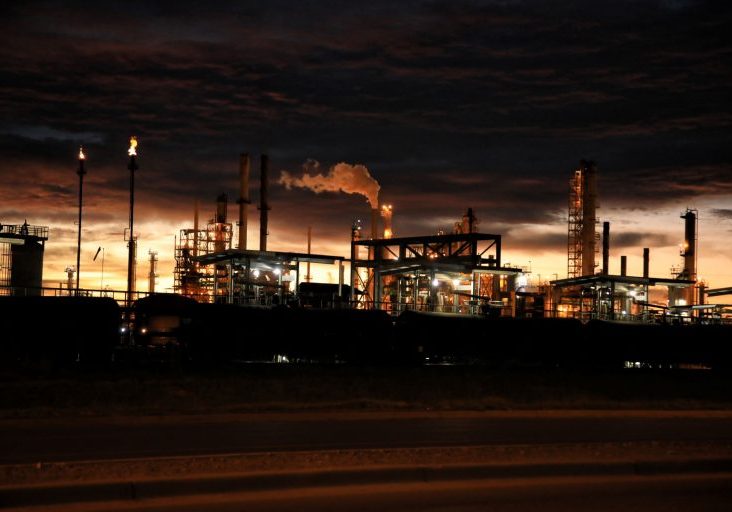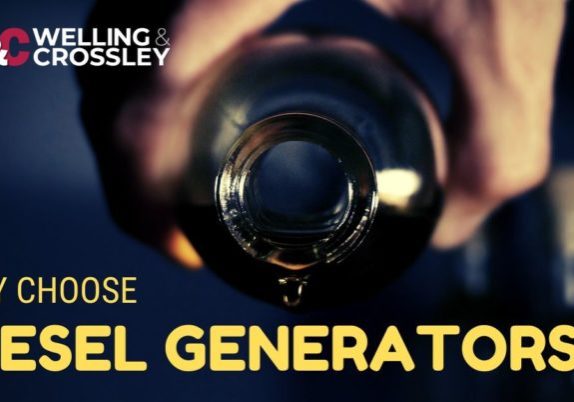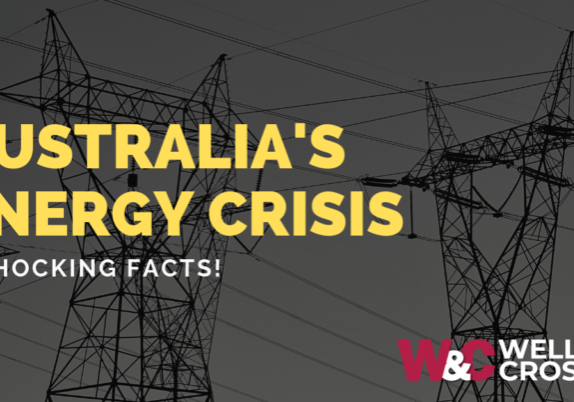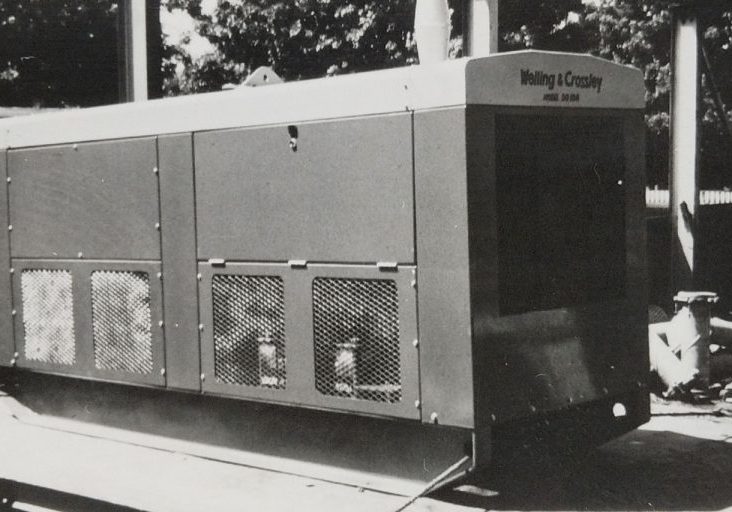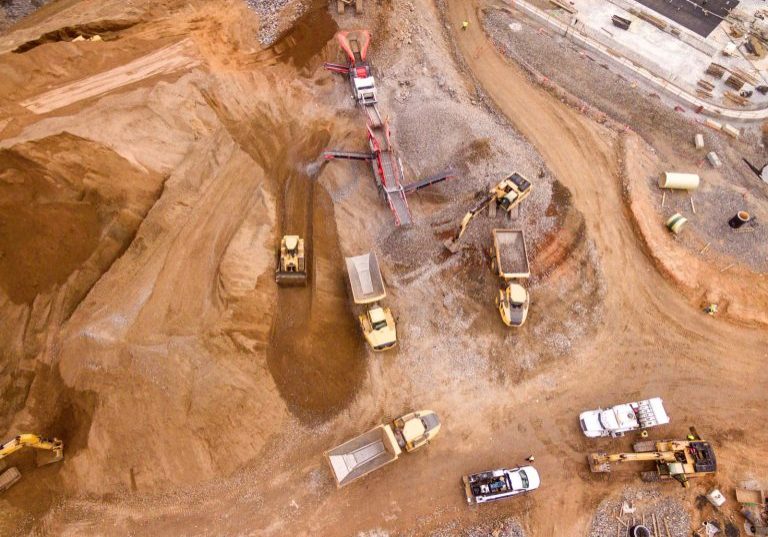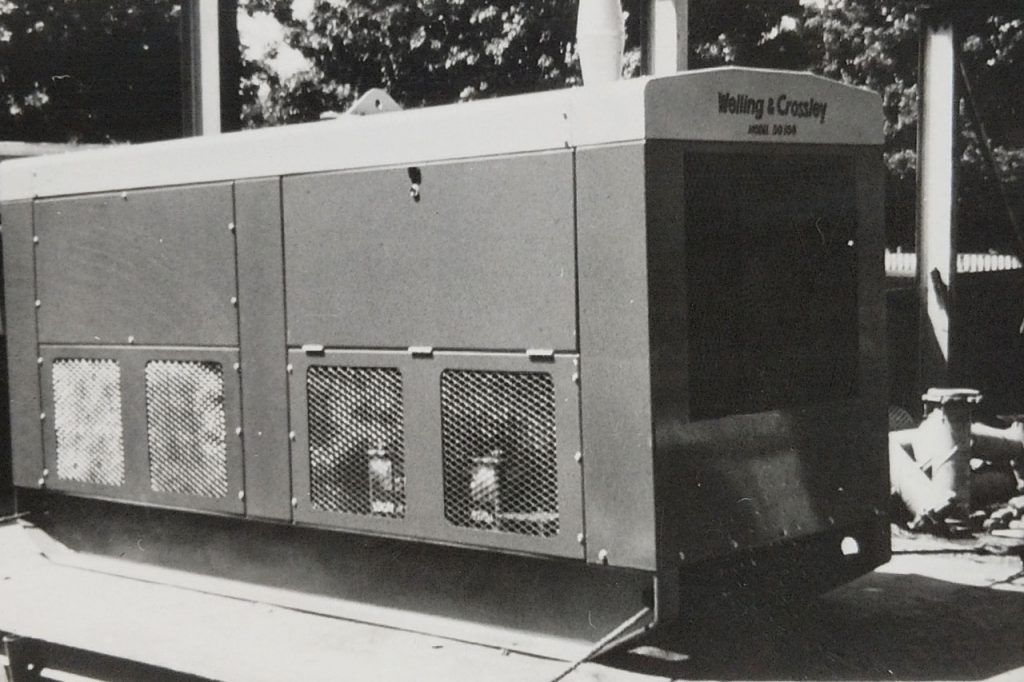
More and more people are buying generators. They are either preparing for major disaster situations, want to prevent a loss of power during occasional power outages, need electricity when camping, or for construction purposes. One thing they all do have in common; they all want a source in case the power is interrupted.
Consumers have a diverse selection of generators to choose from. Many popular brands offer a wide variety of models. Some of them are built on the same principle, while others have completely different structures.
Common types of generators and their uses
- Residential Generators – These generators are usually powered by diesel fuel or gasoline and are used to supply homes and ranches with power for essential items, such as refrigerators, freezers, lights, computers, etc. People living in areas that are often struck by a loss of power will benefit greatly from a generator.
- Commercial Generators – Similar to residential generators, these machines are much bigger. Residential generators start at 6,000 watts, while their commercial counterparts can put out at least 30,000 watts. Commercial generators are frequently used as backup systems for sizeable commercial businesses, emergency call centers, hospitals, schools, radio and TV stations, hotels, and other large facilities.
- Portable Generators – The smallest in size, these types of generators generally produce 1200 to 5000 watts. They are ideal for outdoor uses, including camping, and to power recreational vehicles.
- Solar Generators – Although solar panels are generally not listed as generator types, they are installed for the same reason as traditional generators. Solar panels are most commonly found on roof tops. They can produce electricity during the daytime, and charge storage batteries for use at night.
When selecting your generator, calculate the size of the area you need to power, how much wattage you think you need, and what vehicle you have available to transport the generator to its location. This is important if your supplier does not deliver.
Different types of generator fuel
Generators need fuel to operate. They either require gas, diesel, natural gas or propane.
- Petrol – This fuel type is easily available, and petrol powered generator owners can always pick up a few extra cans when filling up their cars. Many petrol models – including the portable ones – are very affordable. Unfortunately, they have a short run time because their fuel tanks are smaller. They need to be refilled often during extended usage.
- Diesel – These generators are more expensive, but have a longer lifespan. They require little maintenance, are quite efficient, and are very cost effective.
- Natural gas – If a natural gas line is available, these generators can be hooked up directly to the line. There is no need to worry about running out of fuel, or constant refueling. With a few alterations you can make this type of generator bi-fuel, which means you will be able to use an alternate fuel source, typically gasoline.
- Propane or Liquefied Petroleum Gas – LPG has the same benefits as natural gas. The only difference is that instead of a city line, users hook up a large propane tank to their generator. These tanks will need to be refilled every so often.
Before buying a generator, read as much as you can about all your options, and ask around to see what experiences other generator users had with theirs. The more you know, the better a choice you will make!

